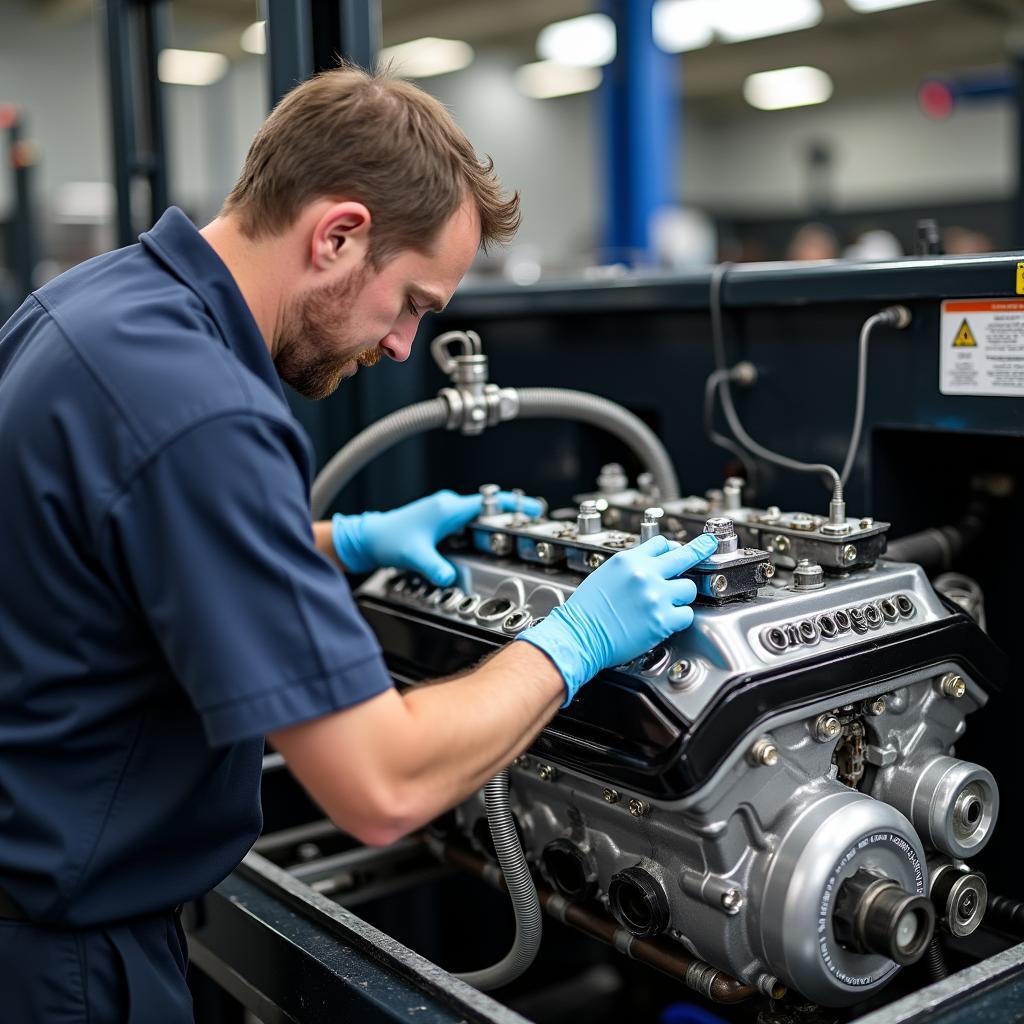Carbon build-up in the engine is a gradual process that can impair your vehicle’s performance. Engine Carbon Cleaning can counteract this problem and help your car regain its strength. In this article, you will learn everything you need to know about engine carbon cleaning, from the benefits to the different methods available.
What is Engine Carbon Cleaning?
Engine carbon cleaning, also known as engine decarbonization, is a process to remove carbon deposits within the engine. These deposits form due to incomplete fuel combustion and can stick to valves, fuel injectors, piston rings, and other engine parts. Over time, these deposits lead to performance loss, increased fuel consumption, and rough engine running.
Why is Engine Carbon Cleaning Important?
A clean engine is an efficient engine. Carbon deposits disrupt the combustion process and reduce performance. Engine carbon cleaning restores optimal combustion, resulting in improved engine performance, lower fuel consumption, and smoother engine running. Imagine driving your car with its original power again, while also saving fuel and being more environmentally friendly.
Methods of Engine Carbon Cleaning
There are various methods for engine carbon cleaning, ranging from chemical cleaners and ultrasonic cleaning to hydrogen cleaning. Each method has its advantages and disadvantages. Chemical cleaners are cost-effective but may be less effective on heavy deposits. Hydrogen cleaning is considered particularly effective and environmentally friendly. Choosing the right method depends on the degree of contamination and the vehicle type. Dr. Karl Heinz Müller, a renowned engine expert, recommends hydrogen cleaning as the most effective method in his book “Modern Engine Technology.”
Benefits for Auto Technicians
For auto technicians, engine carbon cleaning offers the opportunity to provide customers with a valuable service and increase customer satisfaction. Applying different cleaning methods expands the workshop’s service portfolio and can lead to new revenue opportunities.
 Hydrogen Engine Cleaning Process
Hydrogen Engine Cleaning Process
Frequent Questions about Engine Carbon Cleaning
- How often should engine carbon cleaning be performed? The frequency depends on driving style and vehicle type. Generally, cleaning is recommended every 30,000 to 50,000 kilometers (approx. 18,000 to 30,000 miles).
- Is engine carbon cleaning harmful to the engine? When performed correctly by a professional, the cleaning is not harmful to the engine.
- How much does engine carbon cleaning cost? Costs vary depending on the method and provider.
Related Topics
- Engine Diagnostics
- Engine Troubleshooting
- Fuel System Cleaning
Need Support?
Contact us via autorepairaid.com! Our automotive experts are available 24/7 and are happy to advise you on all questions regarding engine carbon cleaning. We offer professional solutions for optimal engine performance.
Conclusion
Engine carbon cleaning is an effective method to improve your vehicle’s performance and reduce fuel consumption. By removing carbon deposits, the engine becomes more efficient and runs smoother. Do not hesitate to contact us if you have questions or would like engine carbon cleaning for your vehicle. We are happy to help!
